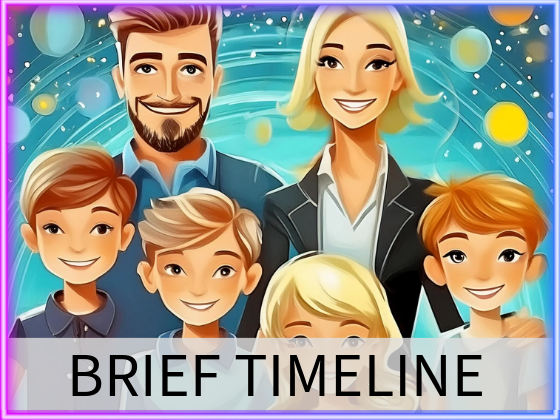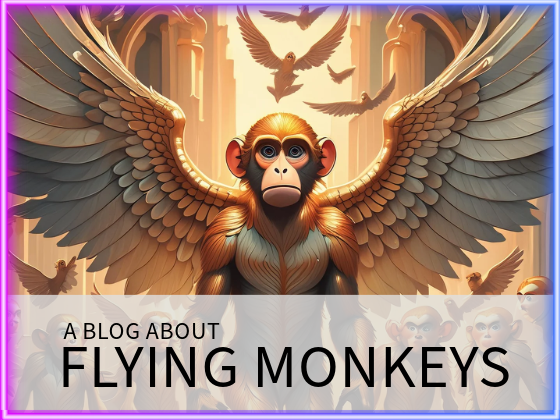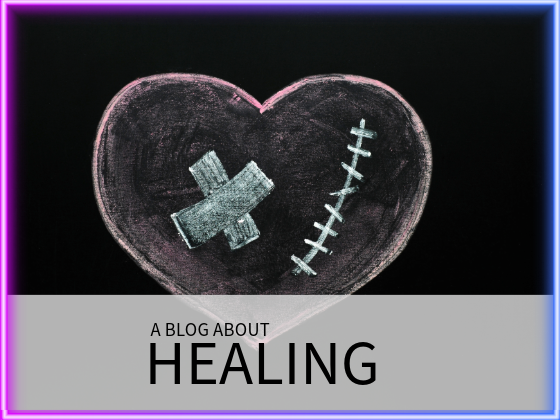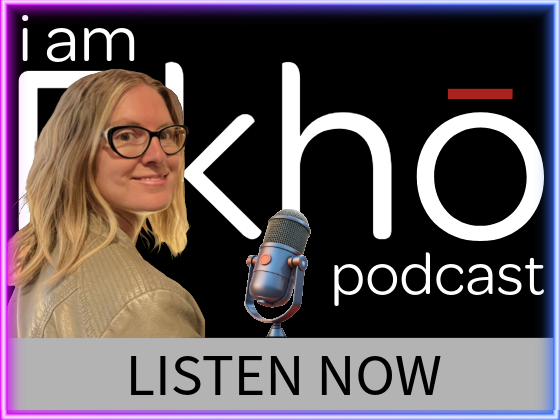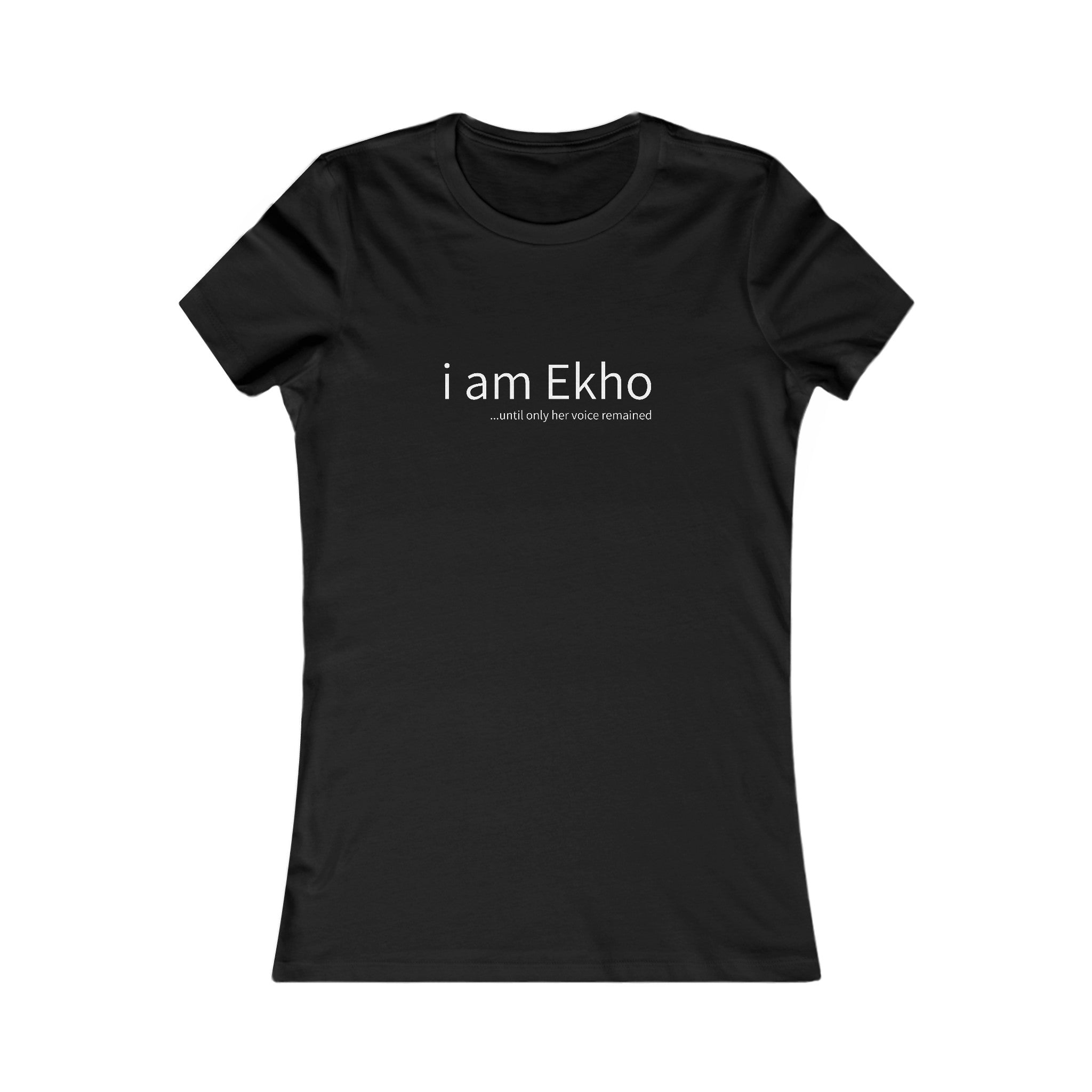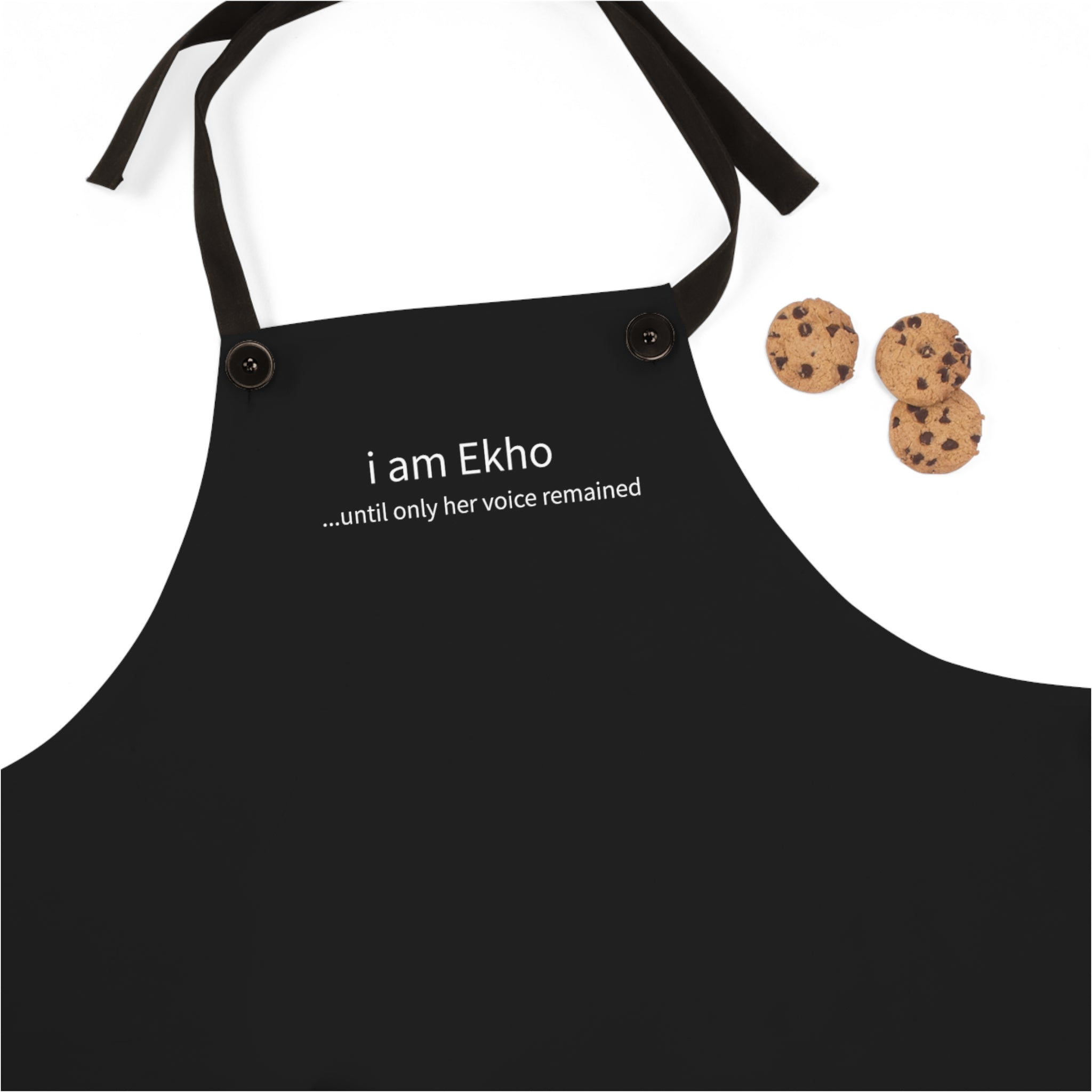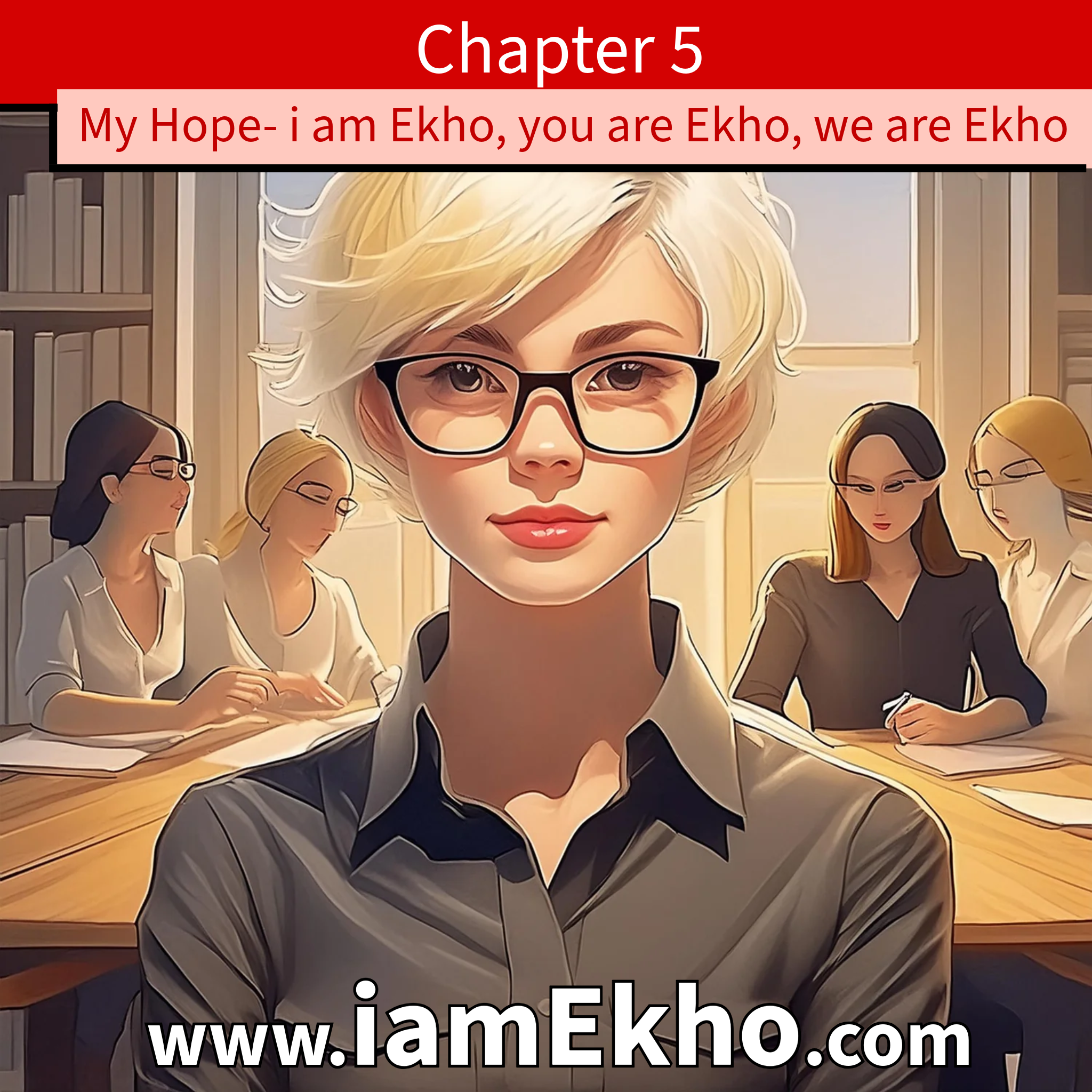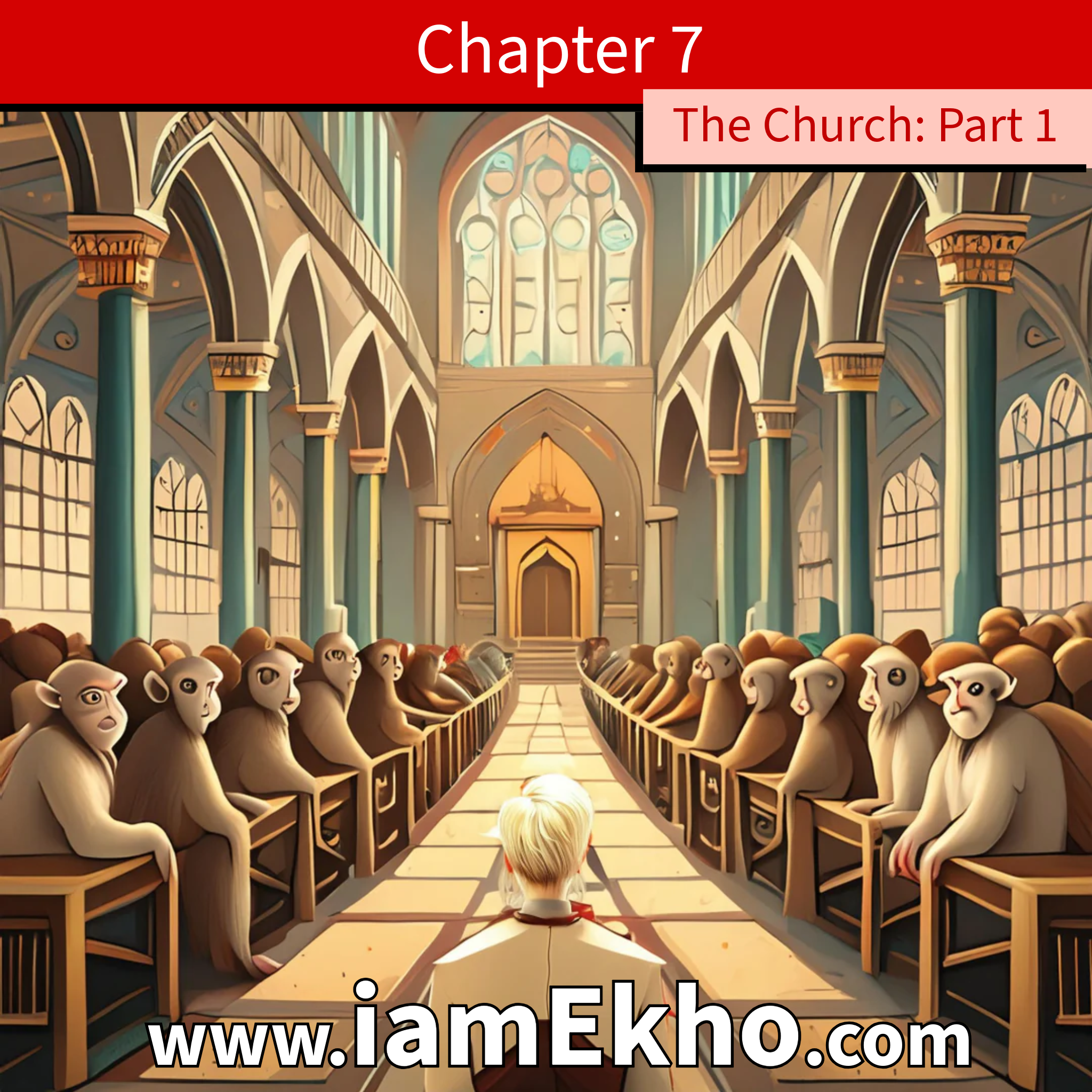I guess I should share a little bit about who Ekho is. I am, for all practical purposes, your everyday perimenopause woman who holds a full-time job, performs her mom duties, deals with hot flashes, is forever trying to lose those last 20 pounds, dreads going to the gym, gets a chuckle out of memes, finds writing lists and crossing items off those lists very rewarding, and looks forward each night to snuggle into bed with her favorite tv show or book.
I grew up in a dead coal town where the poverty rate was extreme. To put it into perspective, the rich people in my class were the public school teachers’ kids.
One of my classmates traveled to Alaska and Germany, and we thought that she was on par with British royalty. Going to Disney World was about as likely as traveling to the moon. I never personally knew a doctor, engineer, lawyer, professor, architect, or executive until I was well into my 20s. I also never knew a non-white person or openly gay person until my freshman year in college.
We had two “rich families” in my extended family – one on mom’s side and one on dad’s side. On my mom’s side, I had a Great Aunt Ida, who lived in the outskirts of NYC (she moved there in the 1950s when many poor coal miners’ daughters sought employment as maids in rich city folks' houses). My Aunt Ida married a garbage man and, by the time I rolled around in 1981, she was referred to as our Rich Aunt Ida. I remember we took a train to visit her, and my dad said, “She has enough money to choke a bull.” As an adult, I now realize that Aunt Ida’s husband’s union-supported garbage man salary made her middle class, at best, but she seemed rich compared to the unemployed coal miners and steel mill workers in our community.
My second set of rich family members was on my father’s side. My grandmother’s eldest sister, Agnus, always seemed ancient and wore that blue-tinted hair that only the elite in rural coal towns could afford. When her husband died, she married his brother, whom I was told was very wealthy as evidenced by Aunt Agnus acquiring within a year of marrying him three curio cabinets full of trinkets. Her marriage to her deceased husband’s brother was always met with skepticism, and many family discussions centered on how she only married him for his money. I grew up believing that she, too, was rich. I remember my grandmother gripping about how her sister Agnus always bragged about her house in Rehoboth Beach – a very nice beach community in Delaware – only to find out years later that she owned a trailer 50 minutes inland. Sometime around my freshman year of college, I asked my mom “How did Aunt Agnus get rich?” Mom explained that she married a janitor and that, Agnus, too, had worked in the schools as a janitor. I remember when Aunt Agnus’ second husband died, my grandma proclaimed, “I bet you all the tea in China that she is worth at least $100,000.” This was 2003.
Neither Aunt Ida nor Aunt Agnus were rich. Their stories are not a testimony to their wealth but shed light on our poverty and the poverty of everyone around us. We grew up on a variety of social welfare programs – I remember mom telling me that Mr. Rogers paid for my braces, in reference to some social welfare orthodontist program sponsored by the late, great Mr. Rogers. We ate government cheese (I think my mom still has the cheese cutter) and were on government health insurance.
I went to my local college (the only one I could afford), on Pell Grants and, after switching my major a dozen times, graduated with a double major in Religious Studies and Spanish.
I joined the Army right after college to pay off my $40,000 in student loans. My test scores were very high, so I had my pick of the litter for jobs. I chose linguist. I was sent to the Defense Language Institute (DLI) in Monterey, California to study Spanish, and, then after completing crypto-linguist school, I was contracted out to the NSA to work as a lead intelligence linguist, analyst, and reporter. This opportunity changed my life forever. I earned my first master’s degree in 20th Century US Intervention in Latin America, all paid for by the Army. By the time I was 28, I was by most measures middle class. I owned a modest home (which I paid for in cash), was debt-free, and had a decent retirement savings.
After getting medically retired from the Army for IT band syndrome with a full pension, I used my GI educational benefits to obtain a second master’s degree focused on Ancient Near Eastern and Semitic Studies at Pittsburgh Theological Seminary. I married my best friend whom I met at the NSA, and together, we had four kids. Our twins died at 22 weeks gestation. This was the hardest thing that ever happened to me, and I am sure that I will spend the rest of my life missing my sweet babies. A year later, along came my son and, fourteen months after my son, along came my daughter.
My kids' father and I decided to separate in 2017. It was an amicable separation and divorce, and although we have had our ups and downs, I am proud to say that, for the most part, we have managed to put our love for our children well before any ill feelings we felt for one another.

